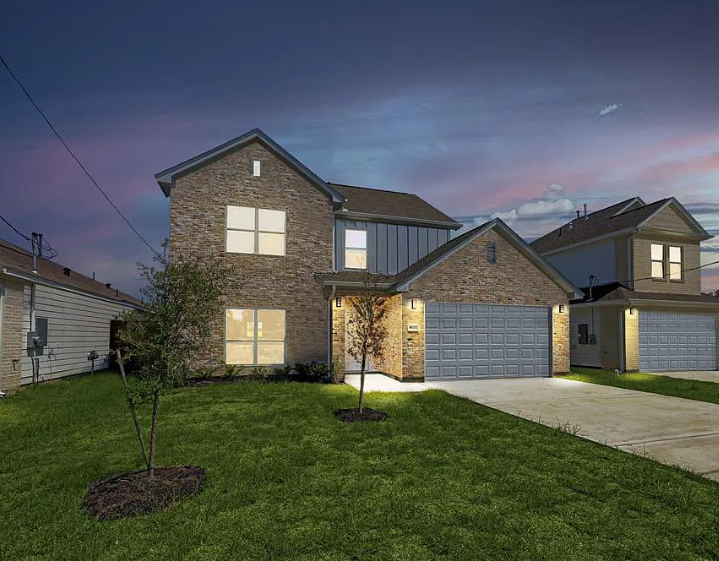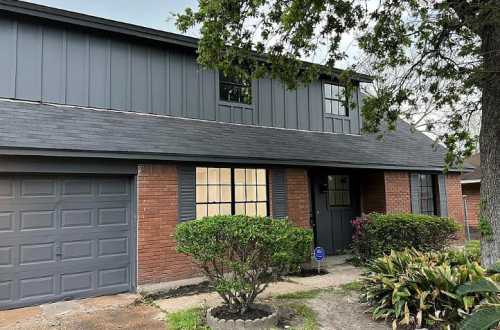Are you considering buying a fixer-upper home? It can be an exciting opportunity to transform a dated or neglected property into your dream home. However, before diving into a fixer-upper project, it’s essential to weigh the pros and cons. Let’s explore both sides:
Pros of Buying a Fixer-Upper Home:
- Lower Purchase Price: Fixer-upper homes are typically priced lower than move-in-ready properties. This lower purchase price allows you to potentially buy in a desirable neighborhood or get more square footage for your budget.
- Customization and Personalization: With a fixer-upper, you have the freedom to customize and personalize the home to your preferences. You can choose the finishes, materials, and design elements that suit your taste, creating a truly unique space.
- Potential for Equity Growth: By investing your time, effort, and money into renovating a fixer-upper, you have the opportunity to build equity quickly. As you improve the property, its value can increase, allowing you to potentially sell it for a profit in the future.
- Opportunity for Sweat Equity: Taking on a fixer-upper project allows you to utilize your skills and put in sweat equity. If you enjoy DIY projects or have renovation experience, you can save on labor costs by doing some of the work yourself, further maximizing your investment.
- Learning and Growth: Renovating a fixer-upper can be a valuable learning experience. You can gain knowledge about home improvement, construction, and design along the way. This knowledge can be applied to future projects or even help you pursue a career in real estate or renovation.
Cons of Buying a Fixer-Upper Home:
- Renovation Costs: While the purchase price of a fixer-upper may be lower, the renovation costs can add up quickly. It’s important to thoroughly assess the property’s condition and create a realistic budget for the necessary repairs and upgrades.
- Time and Effort: Renovating a fixer-upper requires a significant amount of time and effort. From planning and obtaining permits to managing contractors and overseeing the project, it can be a demanding process. Consider if you have the time and resources available to commit to the renovation.
- Unexpected Issues: When dealing with older or neglected properties, unexpected issues can arise during the renovation process. Hidden structural problems, plumbing or electrical issues, or the discovery of hazardous materials may require additional time and money to address.
- Temporary Disruption: Living in a fixer-upper during the renovation can be disruptive to your daily life. Depending on the extent of the renovations, you may need to temporarily relocate or live with limited amenities while certain areas of the home are under construction.
- Project Management: Successfully completing a fixer-upper project requires effective project management skills. Coordinating multiple contractors, staying within budget, and ensuring the project stays on schedule can be challenging, especially if you don’t have prior experience in renovation projects. We buy houses in Cleveland Oh.
- Financial Risk: While there is potential for equity growth, there is also financial risk involved. If unexpected issues or budget overruns occur, your investment may not yield the desired return. It’s important to carefully consider your financial situation and have contingency plans in place.
Ultimately, the decision to buy a fixer-upper home depends on your personal preferences, skills, and financial situation. It’s crucial to conduct a thorough assessment of the property, create a realistic renovation plan and budget, and carefully consider the potential challenges involved. With careful planning and realistic expectations, a fixer-upper can be a rewarding investment that allows you to create a home tailored to your vision and lifestyle.


